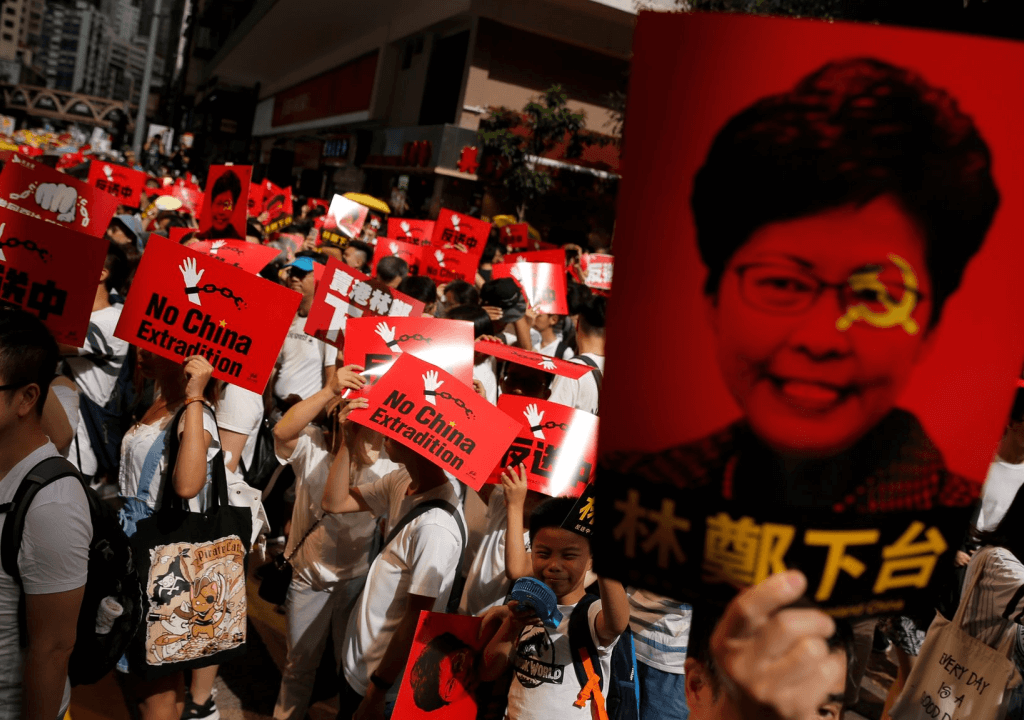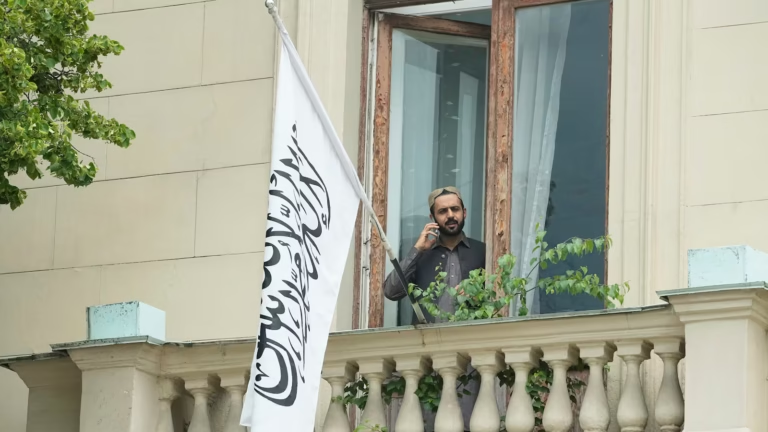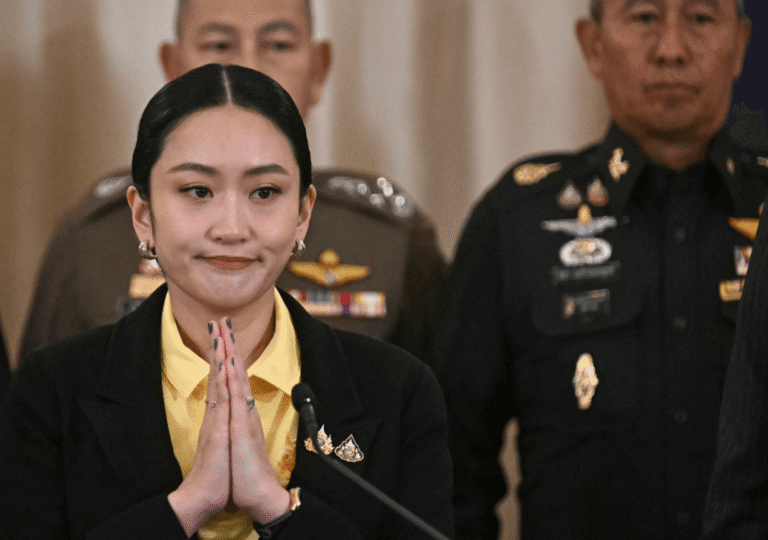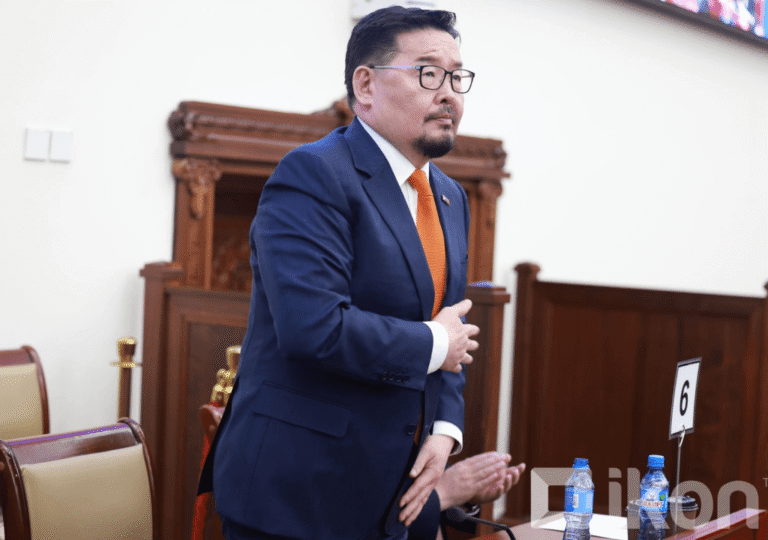China effectively stifled any further protests in Hong Kong. There is no visible response to the new domestic security law, unlike the widespread protests of 2019–20, which were the largest in Hong Kong’s history. The authorities effectively leveraged the COVID-19 pandemic and stringent quarantine measures to quell the demonstrations and opposite voices. The detention of more than one hundred people, including well-known campaigners, was the consequence of the protests. The tough crackdown of protest led to a wave of widespread departure from the city, and more control of China in Hong Kong.
Now, Hong Kong is set to pass a new national security law which will complement one imposed by Beijing in 2020, outlawing five new types of offenses and fulfilling the city’s constitutional obligations. Following a failed attempt in 2003, the second endeavor to introduce the law encountered minimal opposition and garnered majority support, as stated by the government after concluding a month-long consultation process based on a working paper published on January 30. Subsequently, on March 8, after the conclusion of the consultations, draft legislation was introduced under the title Safeguarding National Security Bill. And it’s expected to be implemented by mid-april.
Amid growing concerns over dwindling freedoms in Hong Kong, the legislative council has all set to implement the new domestic national security law. The bill, referred to as Article 23, upon approval, will be incorporated into Hong Kong’s mini-constitution and will coexist alongside the Beijing-imposed national security law. Activists and rights groups are sounding the alarm over the city’s efforts to tighten restrictions on human rights and dissent its financial hub status. Amnesty International has criticized the swift legislative progress under Article 23, expressing concerns over the government’s apparent eagerness to erode human rights protections and neglect international obligations.
The new law introduces severe penalties for various offenses: treason carries a life sentence, while damaging public infrastructure with the intent to endanger national security could lead to 20 years or life imprisonment. Sedition is punishable by a seven-year jail term, but collaborating with external forces for such acts increases the penalty to 10 years. The definition of external forces encompasses foreign governments, political parties, international organizations, and any other group abroad pursuing political goals.
Possession of publications deemed seditious could result in up to three years in prison, and the law grants law enforcement authorities the power to search, seize, and destroy such materials. Additionally, under the proposed law, access to legal counsel may be restricted in situations deemed to endanger national security.
The draft bill includes provisions asserting the protection and respect for human rights, including freedoms of speech, press, publication, and association. Andrew Leung, the legislature’s president, defends the accelerated process, citing the imperative to safeguard the city’s national security.
Hong Kong leader John Lee has urged lawmakers to swiftly pass the “Safeguarding National Security Bill”, emphasizing the urgency of the matter. Backed by the majority of Beijing-supported legislators, the bill is expected to be approved and implemented before mid-april, according to official statements. Citing the increasingly complex geopolitics and ongoing national security risks, the government underscores the necessity of prompt action.
Lawmakers have voiced concerns regarding the potential impact of the broad definition of “External Interference” outlined in Hong Kong’s draft domestic security law. They fear it could hinder regular academic exchanges and business transactions, particularly since officials indicated that collaborating with a foreign organization could be construed as aligning with an “External Force”. However, the city’s security minister moved swiftly to allay these concerns, suggesting that only individuals with intentions to interfere in affairs and employing improper means would be held accountable.
These discussions unfolded as lawmakers continued to scrutinize the Safeguarding National Security Bill, thoroughly examining at least 73 out of the proposed legislation’s 181 clauses over three consecutive days of meetings. The exhaustive vetting process is anticipated to extend until Monday evening, prompting the Legislative Council’s welfare panel to reschedule a meeting to afford lawmakers on the bills committee additional time for deliberation.
Meanwhile, British Foreign Secretary David Cameron and EU members have called on Hong Kong to reconsider the proposed law. They express concerns over the broad provisions related to “External Interference” and the law’s potential extraterritorial reach, urging a reevaluation of its implications.
Hong Kong’s mini-constitution, the Basic Law, mandates the enactment of a national security law, although a previous attempt in 2003 was abandoned due to public backlash and widespread protests. During a one-month public comment period that concluded last week, the government reported overwhelming support for the proposed legislation, with 98.6% of responses in favor and only 0.7% in opposition.
The implementation of laws granting broad authority to the administration to handle individuals with differing political views has raised concerns about the potential suppression of dissent similar to the protests seen in 2019-20. Many media outlets and organizations have already aligned themselves with Chinese standards, accepting the government’s narrative.
While some organizations have raised questions about these developments, the government has swiftly rebuffed criticisms. Organizations like the Committee for Freedom in Hong Kong Foundation have been labeled as “Anti-China”, with warnings that their calls for sanctions from the US could potentially violate the Beijing-imposed national security law.
Indeed, this marks the official end of Hong Kong’s era of freedom. Hong Kong finds itself ensnared in a struggle to maintain its identity against the encroaching influence of Chinese culture. With a rich history of British rule and a tradition of openness to global influences, Hong Kong developed a unique identity. However, when pressured to embrace a Chinese identity in recent years, tensions emerged. Presently, the Chinese government is resolute in its efforts to forcibly assimilate Hong Kong into the broader Chinese identity. Consequently, Hong Kong is transitioning into just another Chinese cityscape.








